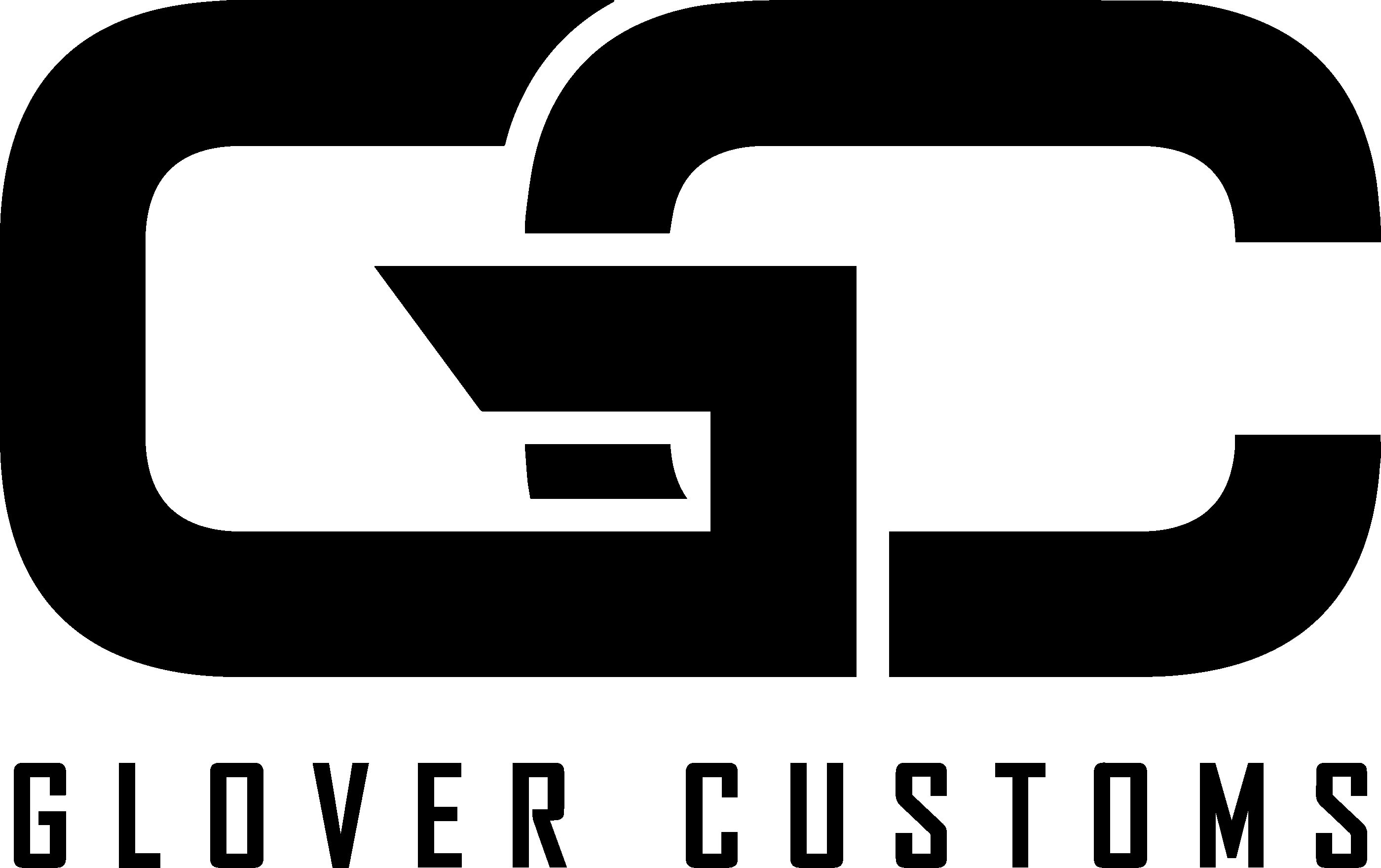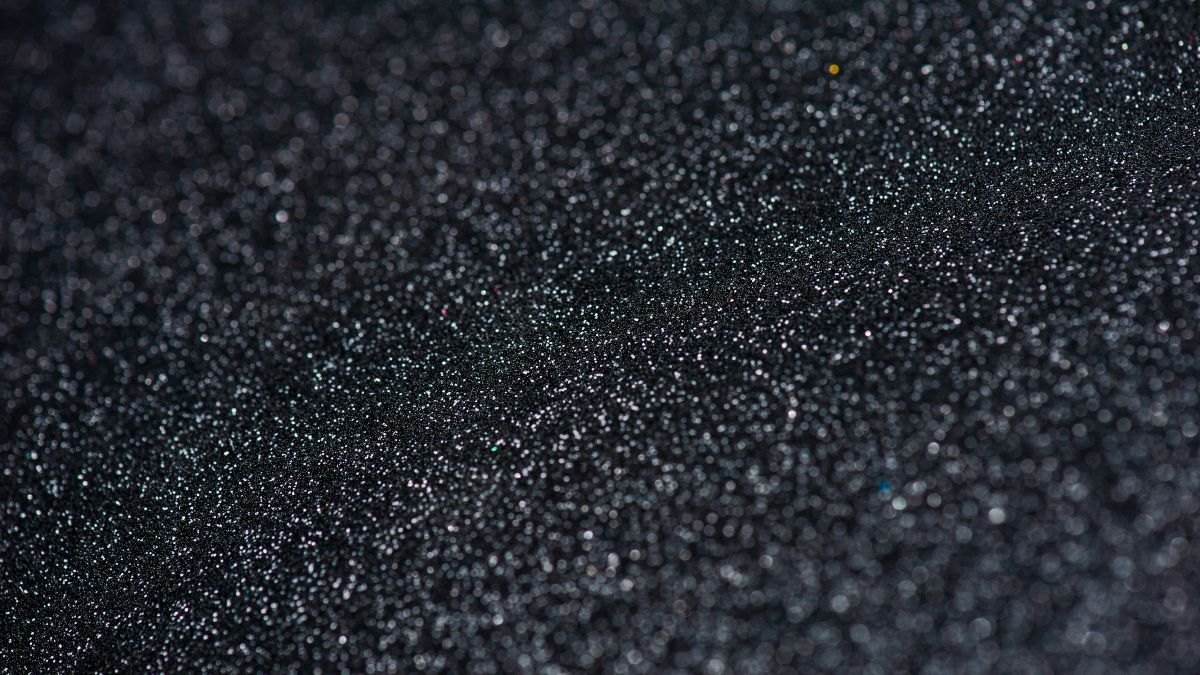While most people immediately start thinking about their lift kits, oversized tires and lighting upgrades when contemplating their custom vehicle, one of the most important aspects of making your vehicle your own is the finish. Whether you’re talking about the exterior paint job, the interior trim or the painting of individual parts, the finish is an essential part of customizing your vehicle. Two fantastic finishing options to choose from include hydro-dipping and powder-coating, both of which we're going to analyze today — taking a particular look at the durability, cost and looks of each.
What Is Hydro-Dipping?
We’re going to start by taking a closer look at what we assume to be the lesser known of the two options: hydro-dipping. This process – also known as water transfer printing – uses a printed film floating atop water to apply intricate designs to three-dimensional surfaces. By submerging the part in this water, the film applies itself to the object, creating a truly stunning and unique aesthetic. Let’s take a look at some of the pros and cons of this process:
- Pros
- Design flexibility; camouflage, carbon fiber, logos, skulls, wood grain, etc.
- Seamless coverage; even on complex shapes like calipers, spoilers, wheels, etc.
- Interior possibilities; even interior parts such as door panels, handles, shifters, trim, etc.
- Cons
- Less durable; in comparison to powder-coating
- Requires clear coat; to enhance protection of finish
- More expensive; typically 5-10 times more than powder-coating
Taking a closer look at these pros and cons, it becomes clear that hydro-dipping is the perfect solution for vehicles where aesthetics is what’s most important. If you’re looking to personalize your interior or are building a show vehicle, it’s a great option. But if you’re going to be taking your vehicle on the trails, you should reconsider before opting to hydro-dip any exterior parts.
What Is Powder-Coating?
Now let’s take a look at the option you’re likely more familiar with: powder-coating. This is a dry finishing process that sees electrostatically charged powder get sprayed onto a surface and then cured in an oven. As a result, the part you’re powder-coating receives a hard, uniform and highly durable finish capable of resisting chipping, scratching and fading.
- Pros
- Color variety; available in a wide range of colors, as well as textures
- Cost effective; affordable for large or repeated applications
- Extreme durability; great for exterior parts like bumpers, suspension parts, wheels, etc.
- Unmatched resistance; to abrasion, chemicals, weather, etc.
- Cons
- Limited application; difficult to apply on more complex shapes
- Limited complexity; basic textures and solid colors only
If you’re going to be taking your vehicle on the track or trail, you’re probably going to want powder-coating instead of hydro-dipping. Likewise, if you see yourself using your vehicle frequently for towing or in tough conditions, powder-coating is the way to go. Your components will be much better protected from the elements.
Which Should You Choose?
Now that you know the basics, as well as have a general understanding of the looks, it’s time to highlight the durability and cost of each option. We touched on both in the previous sections as well, but they deserve a little more details. Let’s start by comparing the costs of each option. Hydro-dipping will typically run you $1.50 to $2.00 per square foot, whereas powder-coating has a much more affordable range of $0.15 to $0.90 to cover the same amount. Larger parts will, naturally, run you quite a bit more if hydro-dipping.
As for durability, you already know the clear victor. But we thought it important to note that with a protective clear coat applied, hydro-dipping is more durable than normal. But it’s still more vulnerable to UV fading and scratches over time, even if you aren’t taking it off-roading.
The choice is ultimately up to you, and should depend on how you intend to use your custom vehicle as well as your budget and preferences for aesthetics. If you need help coming to a decision or would like to discuss getting a unique finish for your vehicle, don’t hesitate to get in touch with us right here at Glover Customs.


